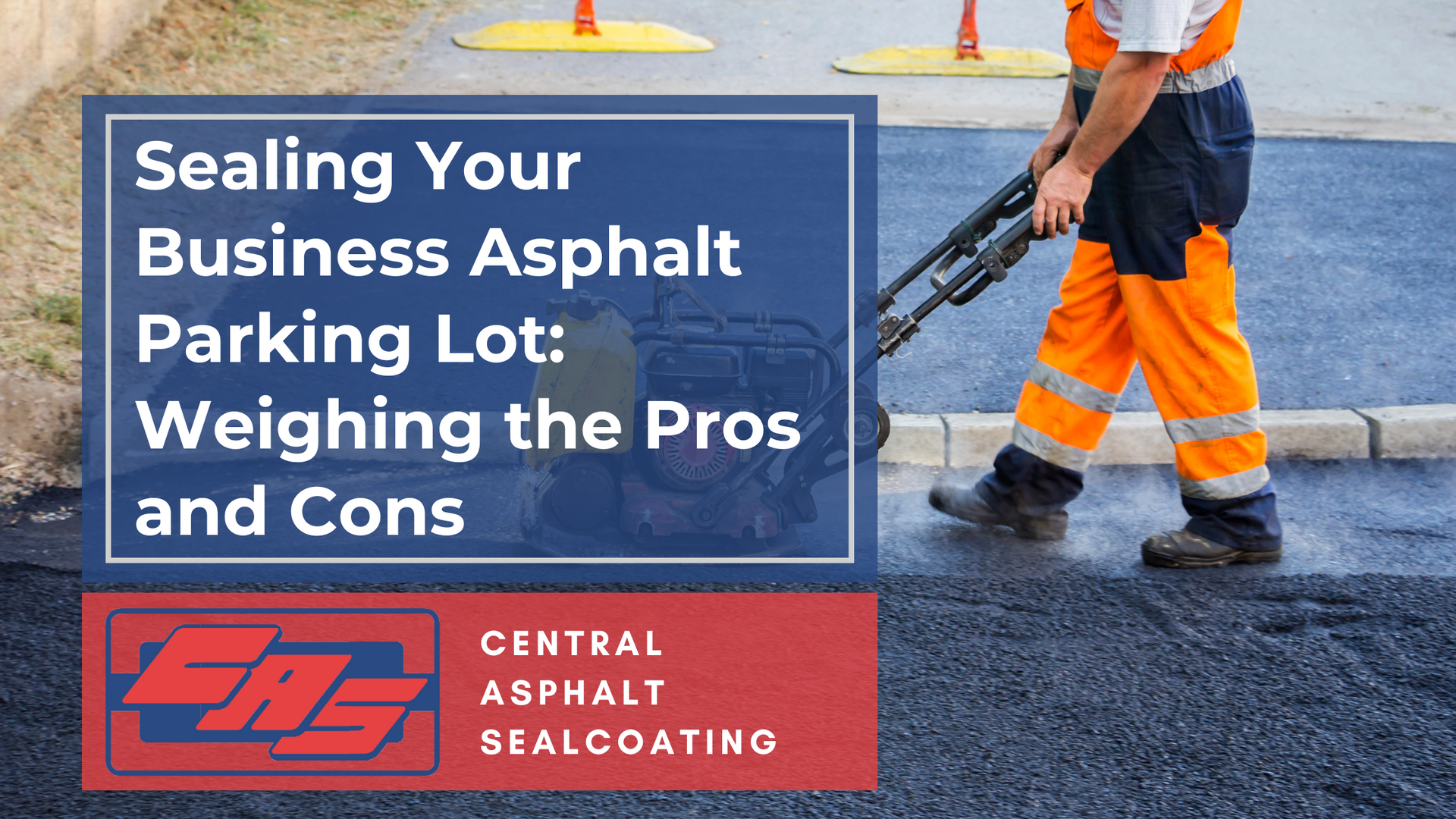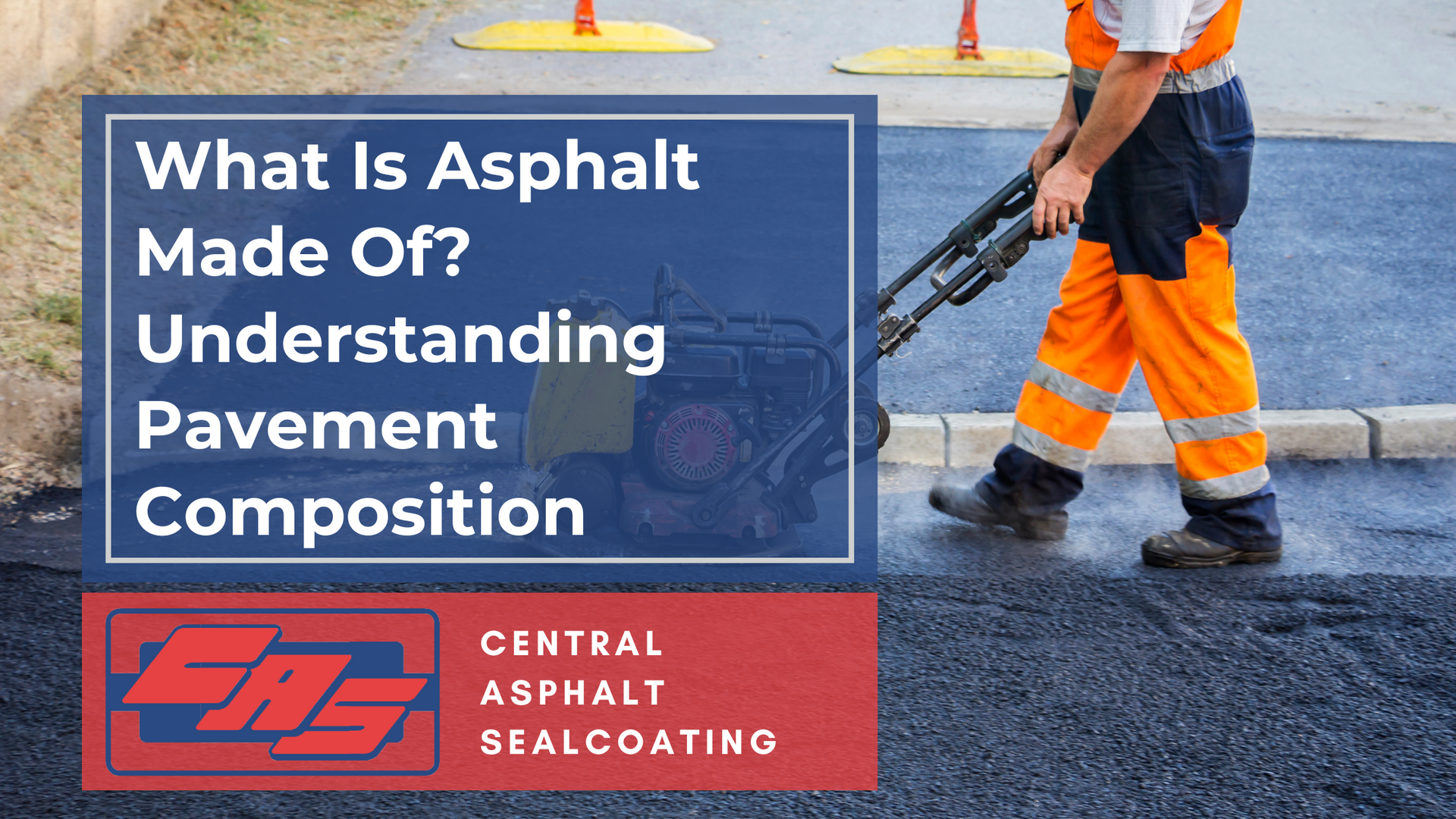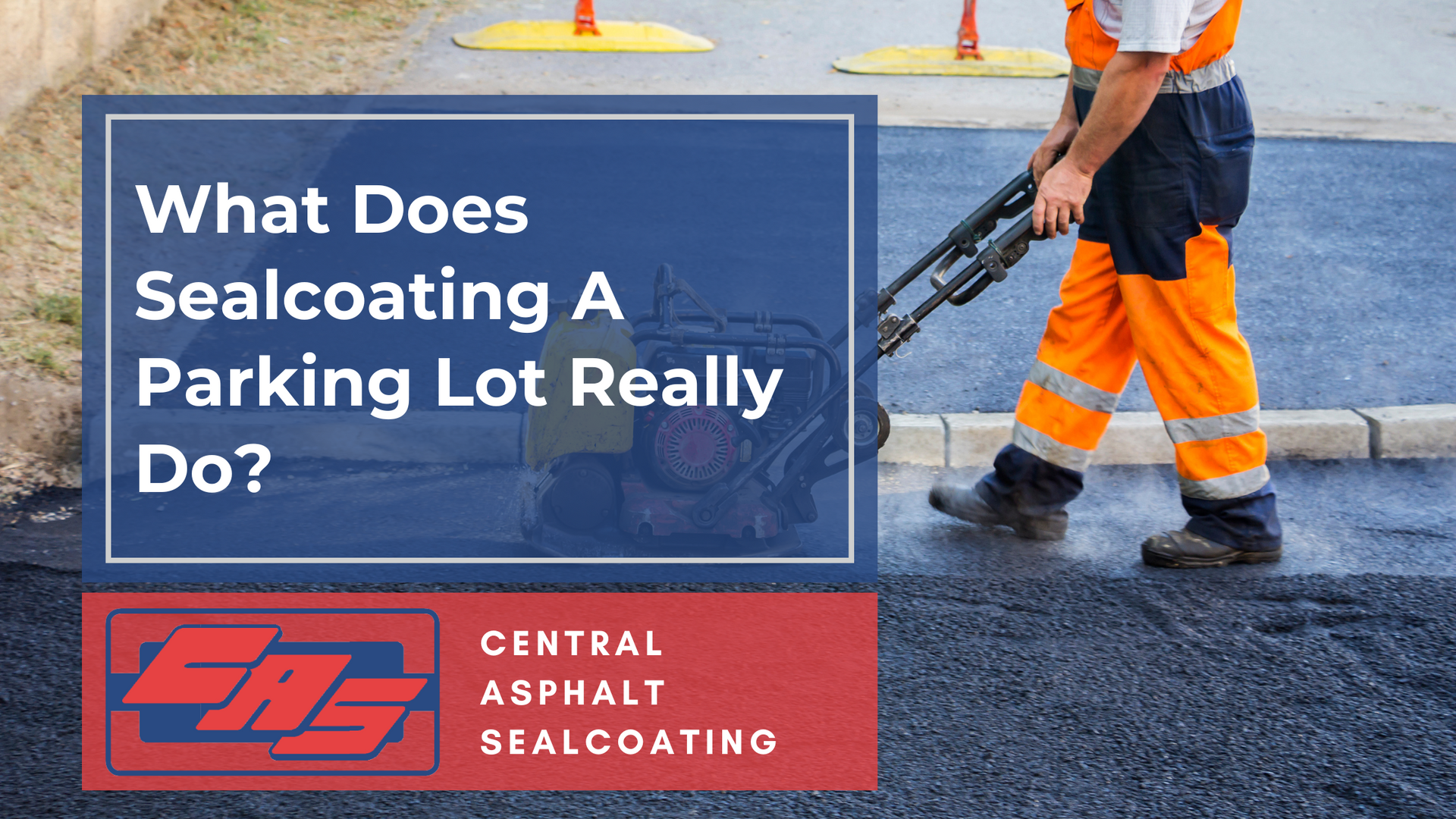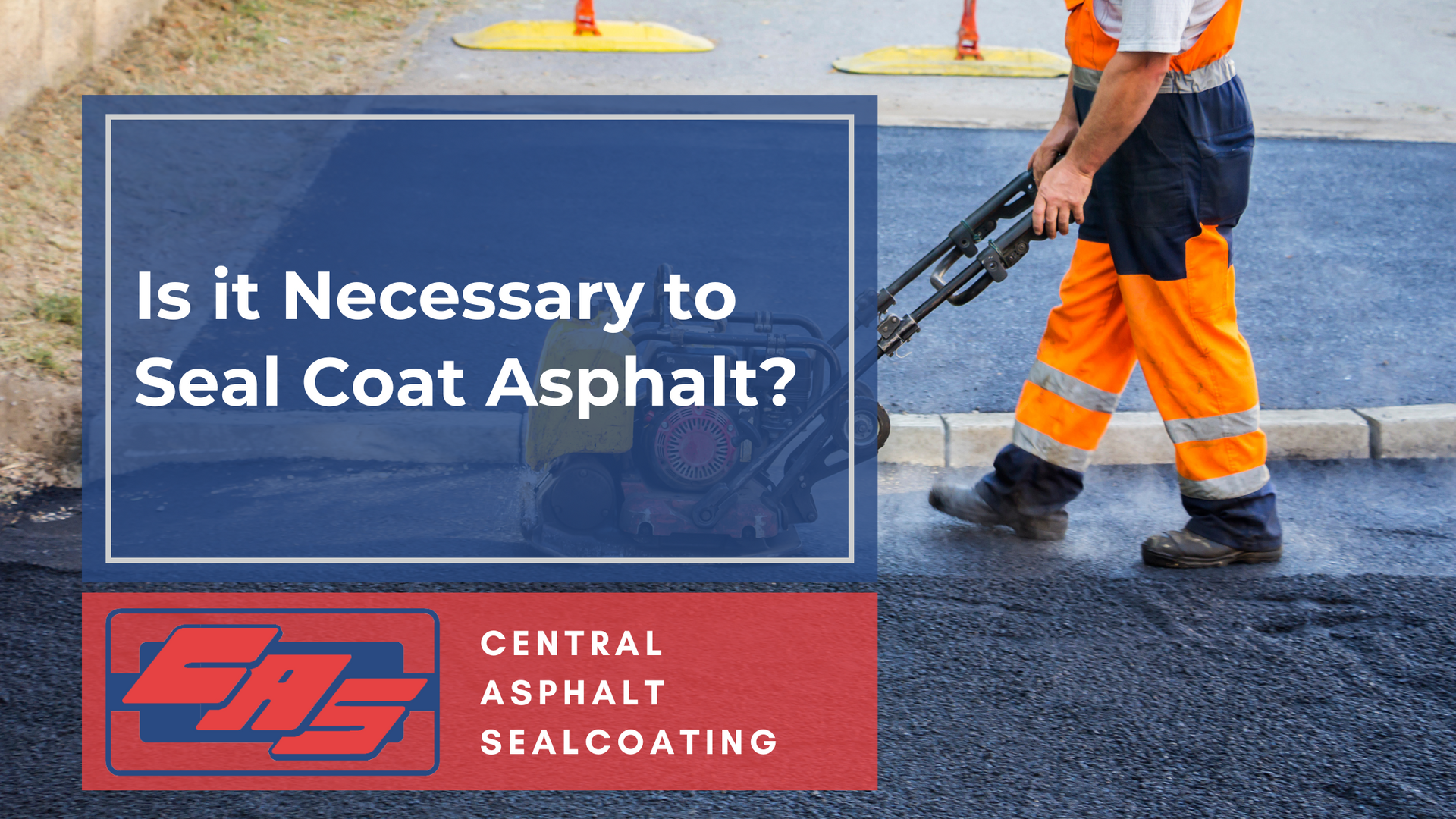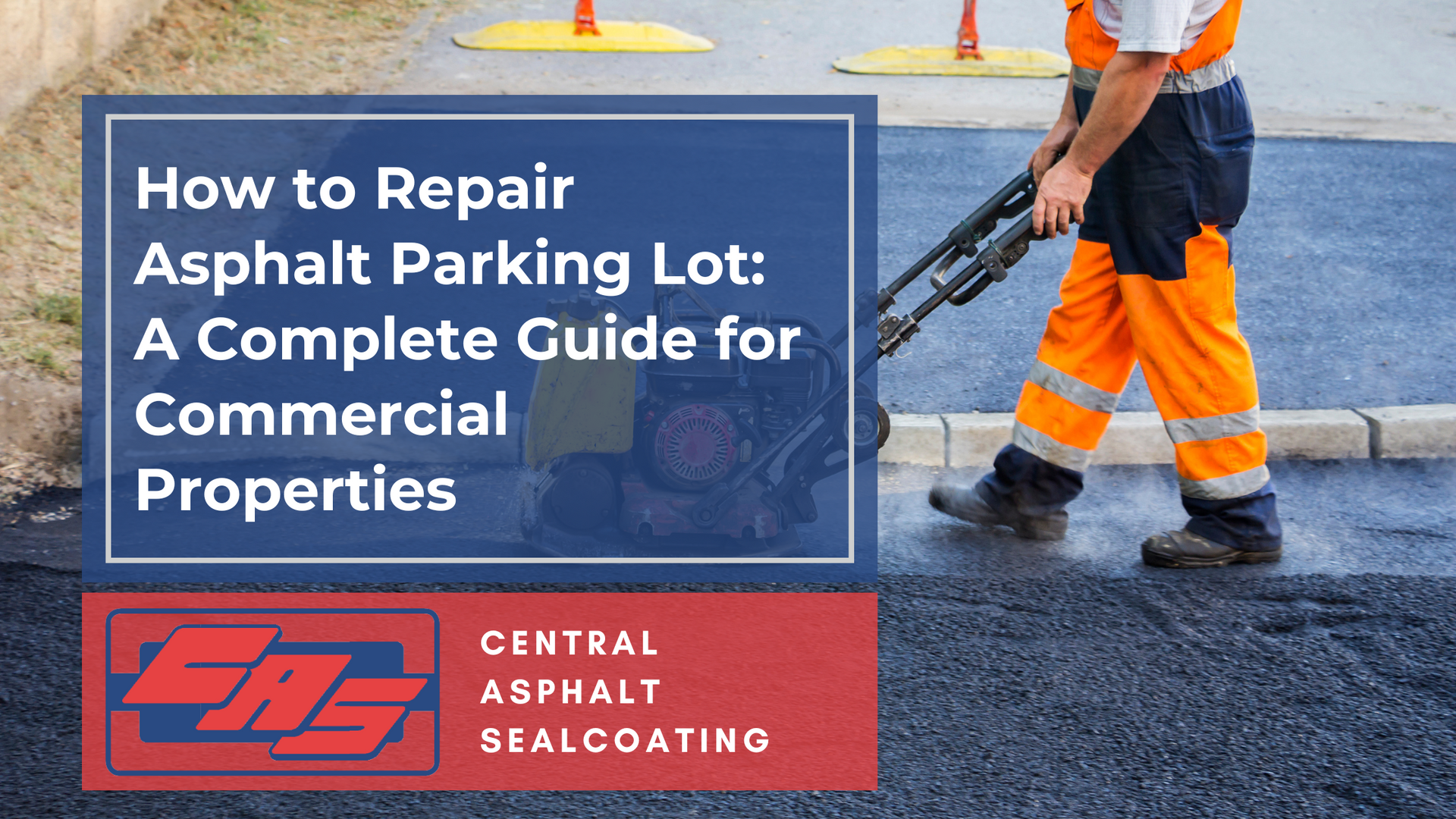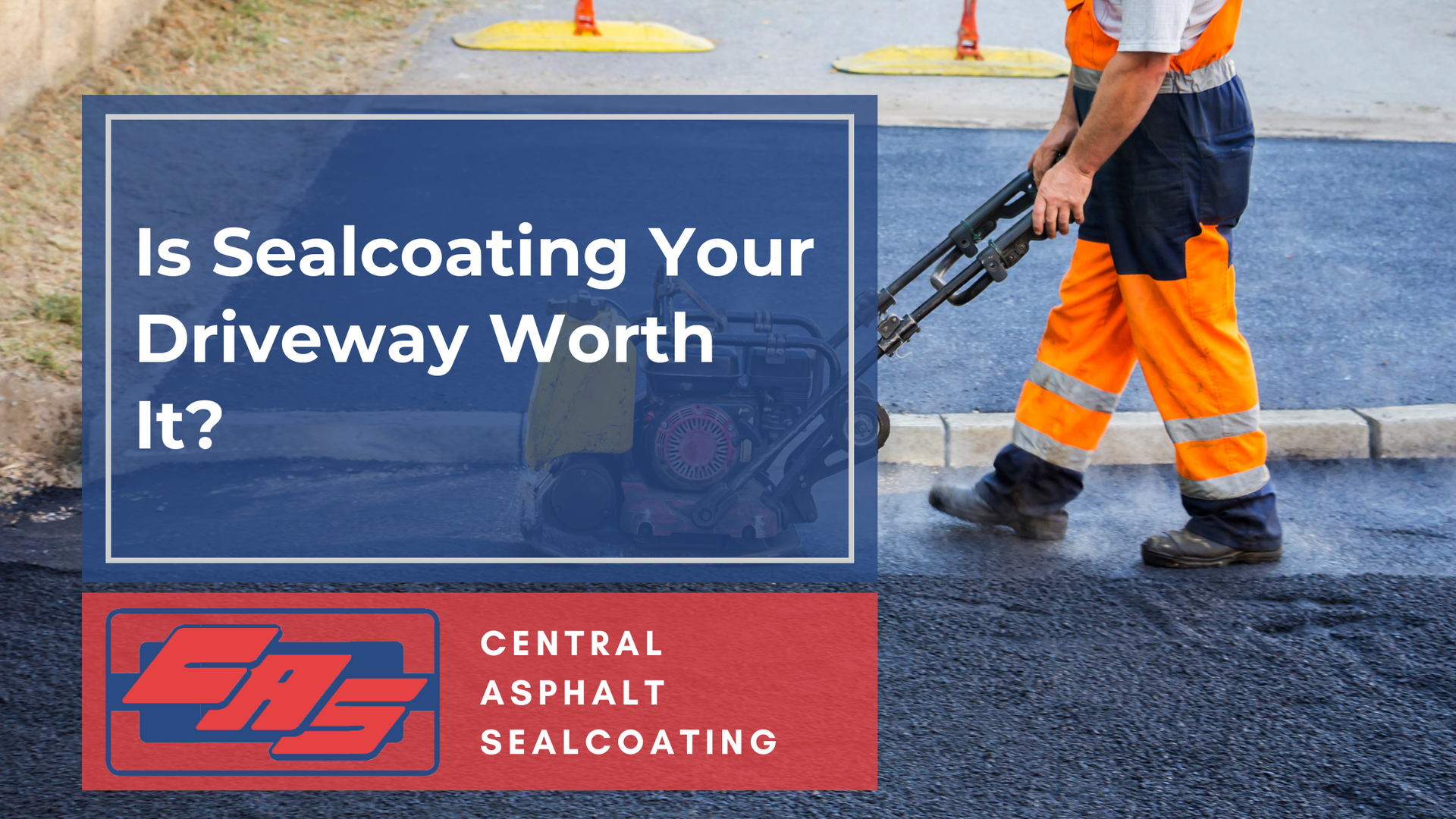
Is Sealcoating Your Driveway Worth It? The Complete Cost-Benefit Analysis
When it comes to driveway maintenance, few topics generate as much debate as sealcoating. Homeowners frequently ask: "Is sealcoating driveway worth it?" The answer isn't always straightforward, as it depends on various factors including your climate, budget, and long-term property goals. Let's dive deep into the costs and benefits to help you determine whether this investment makes sense for your situation.
Understanding the Real Value of Driveway Sealcoating
- Financial Return on Investment: Sealcoating typically costs $300-800 for an average driveway, but it can extend your asphalt's lifespan by 5-10 years. Considering that complete driveway replacement costs $3,000-7,000, the math often works in favor of regular maintenance. A properly maintained sealed driveway can last 20-25 years compared to 12-15 years for untreated asphalt.
- Property Value Enhancement: A well-maintained driveway contributes significantly to curb appeal, potentially increasing your home's value by 5-10%. Real estate professionals consistently rank driveway condition as one of the first things potential buyers notice when viewing a property.
- Protection Against Costly Damage: Unsealed asphalt is vulnerable to water penetration, which leads to freeze-thaw damage, cracking, and eventual structural failure. These repairs can cost $1,000-3,000, making preventive sealcoating a smart financial decision in most cases.
When Sealcoating Makes Perfect Sense:
- Harsh Climate Conditions: If you live in areas with extreme temperature fluctuations, heavy snowfall, or frequent rain, sealcoating becomes essential rather than optional. he protective barrier prevents water from seeping into cracks and expanding during freeze cycles.
- High-Traffic Driveways: Families with multiple vehicles, frequent visitors, or heavy vehicle use will see greater benefits from sealcoating. The added protection helps the surface withstand increased wear and tear.
- Existing Investment Protection: For driveways that are 2-8 years old and in good condition, sealcoating represents excellent preventive maintenance that maximizes your existing investment.
When Sealcoating May Not Be Worth It
- New Driveways: Fresh asphalt needs 6-12 months to cure. Premature sealing can trap oils and prevent proper curing.
- Severely Damaged Surfaces: Extensive cracking or potholes require repair first. Sealcoating won't fix structural problems.
- Mild Climates: Consistently mild weather areas may not need frequent sealing for adequate asphalt longevity.
- Budget Constraints: Limited funds might be better spent on drainage fixes or crack filling rather than cosmetic sealing.
Cost Analysis: Short-Term vs. Long-Term
Sealcoating every 2-3 years costs significantly less than major repairs. A $500 application can prevent thousands in premature replacement costs. DIY options cost $100-200 but require proper technique, while professional application provides superior, longer-lasting results.
The Bottom Line
For most homeowners with asphalt driveways in moderate to harsh climates, sealcoating is worth the investment. It pays for itself through extended surface life, prevented repairs, and maintained property value. However, timing matters—wait for proper curing on new driveways and address major issues before sealing.
Frequently Asked Questions
Q: How long does sealcoating actually extend driveway life?
A: Professional sealcoating can extend asphalt life by 5-10 years when applied regularly every 2-3 years, essentially doubling the surface's lifespan.
Q: Is sealcoating worth it for older driveways?
A: Yes, if the surface is structurally sound. Even older driveways benefit from protection, though severely cracked surfaces need repair first.
Q: What's the break-even point for sealcoating investment?
A: Most homeowners break even after the first application prevents one major repair, typically within 3-5 years of starting regular maintenance.
Q: Does sealcoating really increase home value?
A: While sealcoating alone won't dramatically increase value, it contributes to overall curb appeal and demonstrates proper maintenance to potential buyers.
Q: How do I know if my driveway needs sealcoating?
A: Look for fading color, small cracks, or rough texture. If the asphalt appears gray rather than black, it's time to consider sealcoating.
